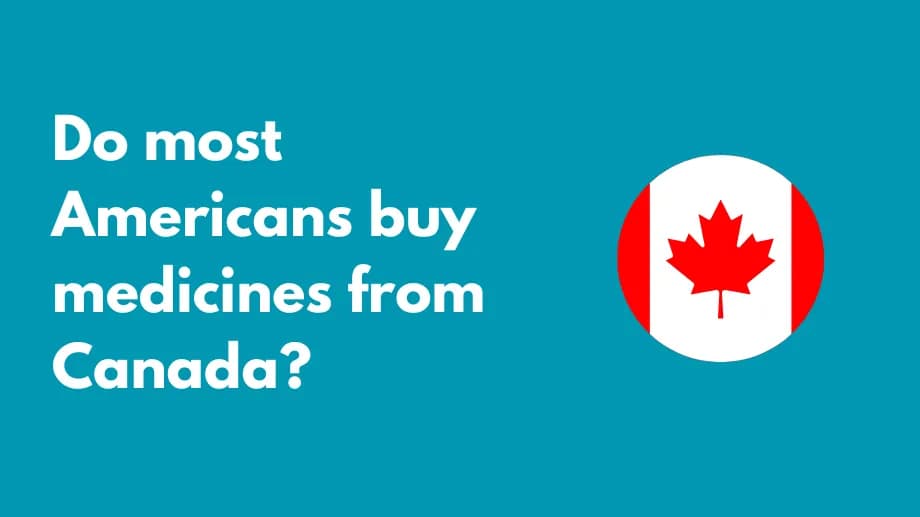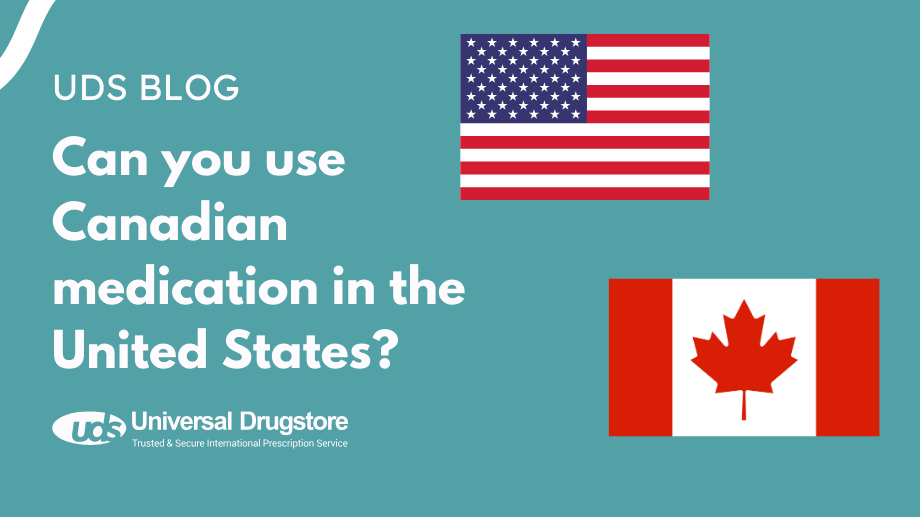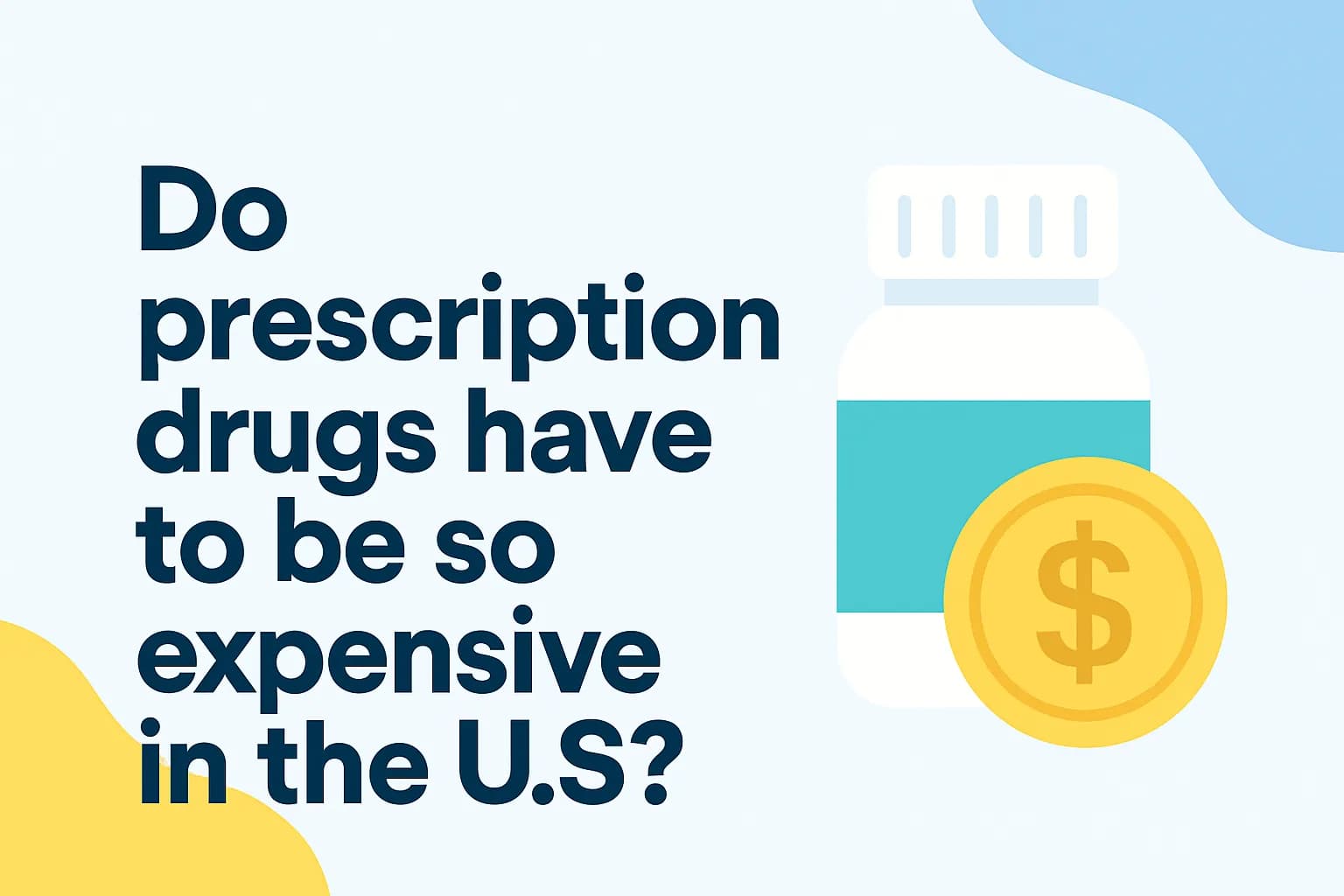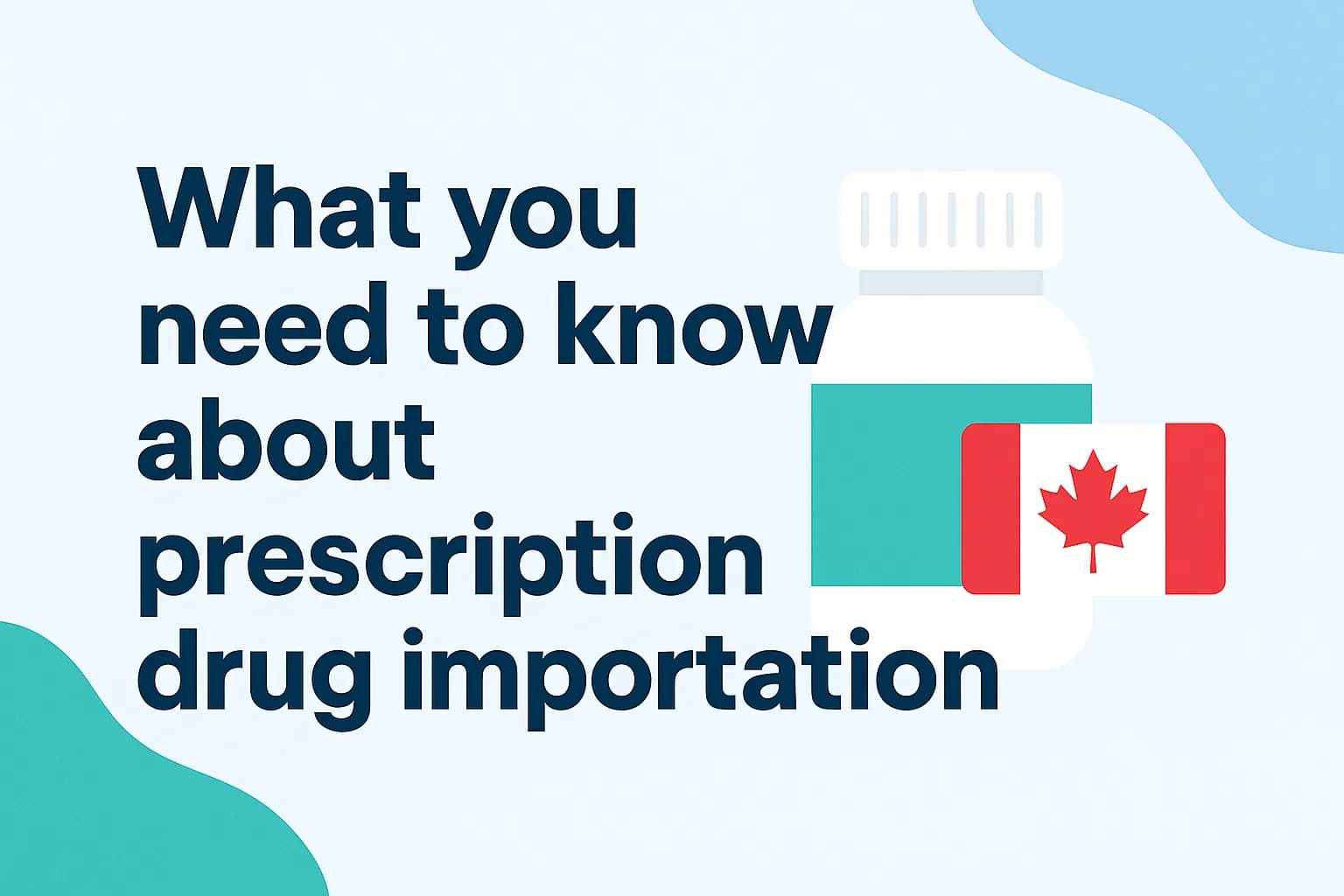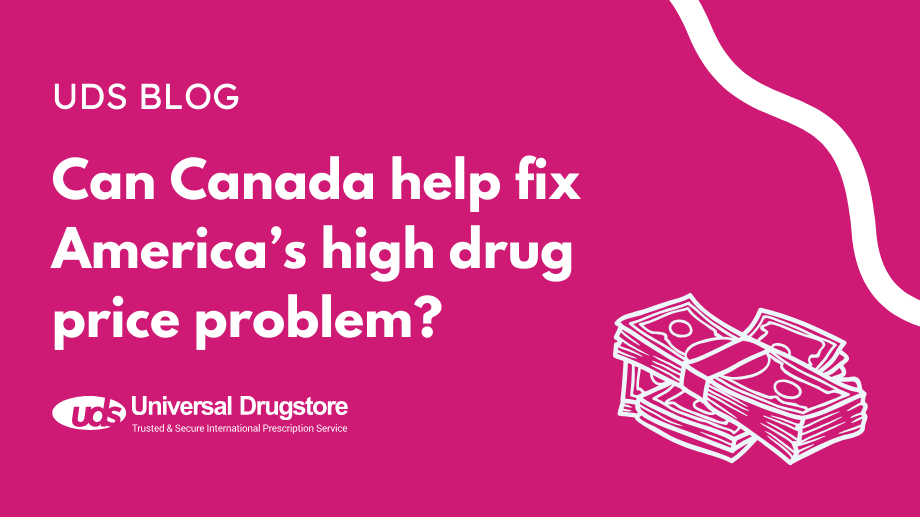Can you use Canadian medication in the United States?
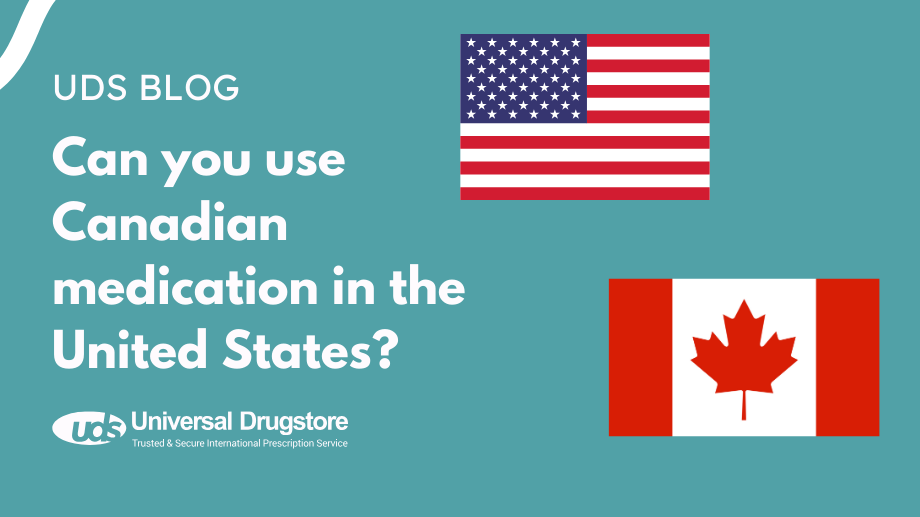
The high cost of prescription drugs continues to be a hot healthcare topic in America. Compared to other industrialized countries, the U.S. has had the highest per capita prescription medication spending for over a decade, reaching an average of $1,432 per American in 2021. Drug spending in the U.S. was 36% higher than the next highest-spending country, Germany. With such high drug prices in this country, it should not surprise you that 1 in 3 U.S. adults say they do not take medication as prescribed because of the drug costs.
The U.S. government has taken some steps to provide lower-cost medications to U.S. residents. The Inflation Reduction Act of 2022, signed into law by President Biden on August 16, 2022, helps to lower prescription drug costs for people with Medicare and reduce drug spending by the federal government.
The Section 804 Importation Program (SIP) pathway was then approved in January 2024. It was developed under the Trump Administration and executed under the Biden Administration and it creates a way for states and other entities to import drugs from Canadian wholesalers. Right now it is limited to a very select number of medications for certain people in Florida. This includes foster children, inmates, certain elderly patients, and eventually, Medicaid recipients. One roadblock to this importation plan is the Canadian government. Health Canada, their version of the FDA has said they will take steps to ensure that importing medications to the U.S. does not cause drug supply issues and shortages for their citizens. With more details that still need to be worked out, Floridians may not see the benefits of this plan for some time.
Is it safe to buy prescriptions from Canada?
Canada and the U.S. buy prescription medications from many of the same manufacturers. The U.S. Food and Drug Administration (FDA) says Canadian drugs imported into the U.S. pose no risk to the public’s health and safety.
However, with so many online pharmacies out there, how do you know who to trust? Here is what to look for:
- Require a valid prescription from a licensed doctor
- Clearly state their payment, privacy, and shipping fees on their sites
- Use secure or encrypted website connections for transactions
You should also beware of Canadian pharmacy websites that:
- Don’t require a prescription.
- Are not licensed.
- Do not have a licensed pharmacist on staff to answer your questions.
- Send medications that look different from what you normally receive from your pharmacy, arrives in damaged or broken packaging, have no expiration date on it, or are already expired.
- Charge you for medications you did not order or receive.
- Do not have clear protections for your personal and financial information.
At Universal Drug Store (UDS), you do not have to worry. We have over 20 years of experience helping people find lower-cost medications. We work with a number of international pharmacies from Canada, the United Kingdom, Australia, New Zealand, India, and Turkey. These pharmacies are all licensed by the qualified pharmaceutical regulatory bodies in their respective countries. Visit UDS today to save up to 80% off of your medications.
Is it legal to order medications from a foreign country?
While in general, you cannot order medications from other countries, the U.S. Food and Drug Administration (FDA) does allow it in certain situations.
You can order over-the-counter (OTC) products if they are not used in the treatment of a serious condition and there is not a known health risk.
The FDA also allows the personal importation of prescription drugs into the U.S. in the following situations:
Prescription drug products that are used for the treatment of a serious condition if:
- There is a shortage of the medication or it is not commercially available in the US.
- There is no known commercialization or promotion of the drug to U.S. citizens by the drug manufacturer.
- The medication does not represent an unreasonable risk.
- The patient confirms in writing that the medication is for personal use.
- The quantity of the medication is not more than a three-month supply (90-day supply) and you either:
- Provide the name and address of the licensed U.S. doctor who is responsible for your treatment with the medication, or
- Show that the medication is being used to continue treatment that was started in a foreign country.
Can you buy medications in Canada and bring them over the border to the U.S.?
If you are a U.S. citizen bringing medications back from Canada by car or plane, you are under the authority of the FDA, U.S. Customs and Border Protection (CBP), and the Transportation Security Administration (TSA) agents.
In general, you can bring prescription medications if they are among the most commonly prescribed drugs and you have a valid prescription or note from your healthcare provider. It should be kept in the original container and you should bring back no more than a 90-day supply.
The Drug Enforcement Agency (DEA) has other restrictions on bringing controlled substances into the country. Controlled substances must be declared to a CBP officer upon arrival. It should be in its original container and must be for your personal use or for an animal with you. The container label should have all the information that is normally found on your bottles dispensed in the U.S. You should not carry more medication than what a person with your condition (e.g., chronic pain) would normally carry for his/her personal use. You should have a prescription or a written statement from your doctor that the medications are being used under their care and that they are necessary for your physical well-being while traveling. If you do not have a prescription for the controlled substance, you can only bring in 50 dosage units or less. Those 50 total doses can be for 1 prescription or split between 2 or more, but it cannot exceed 50 total. If you have a prescription for the controlled substance, more than 50 dosage units may be imported if all of the other legal requirements are met.
Sources
- 5 Tips for Traveling to the U.S. With Medications. U.S. Food and Drug Administration. Accessed May 29, 2024.
- Frequently Asked Questions About Drugs. U.S. Food and Drug Administration. Accessed May 29, 2024.
- Traveling with Medication. U.S. Customs and Border Protection. Accessed May 29, 2024.
- Explaining the Prescription Drug Provisions in the Inflation Reduction Act. KFF. Accessed May 29, 2024.
- What to Know About the FDA’s Recent Decision to Allow Florida to Import Prescription Drugs from Canada. KFF. Accessed May 29, 2024.
- FAQs on Prescription Drug Importation. KFF. Accessed May 29, 2024.
